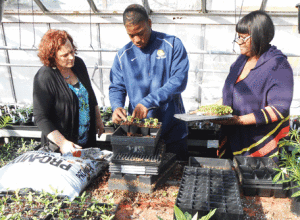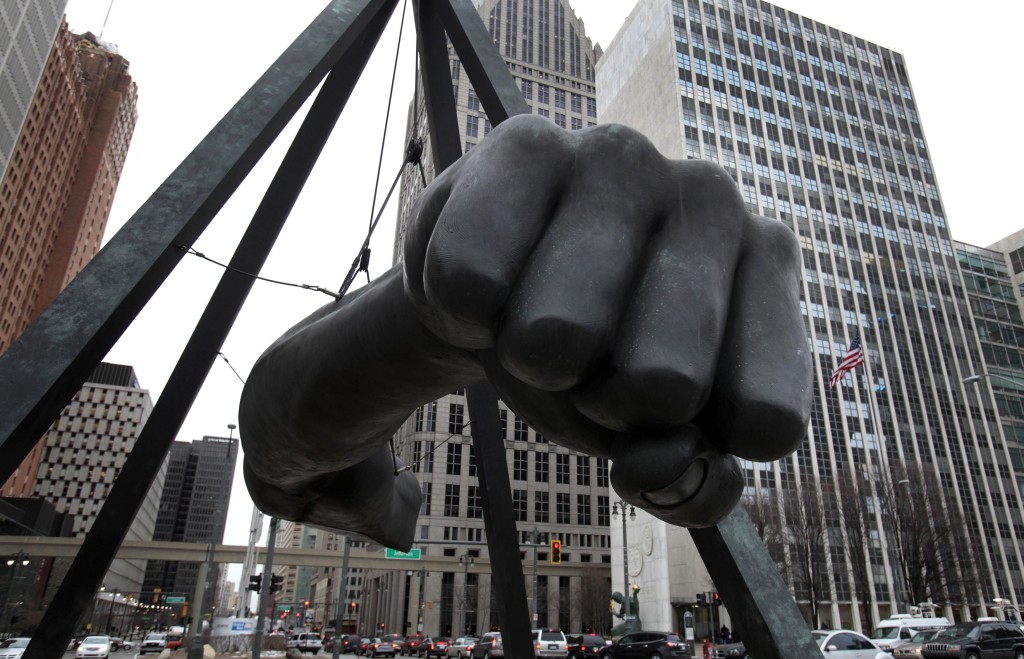Government science
For nearly a decade, the Conservative government in Canada enforced formal rules and a byzantine censorial bureaucracy deliberately intended to control the time, manner and content of any and all public statements by every one of the many scientists working for branches of the Canadian government. Of course this policy destroyed open communication, hampered research, and damaged the careers of promising scientists. It was often used heavyhandedly to censor scientists’ discussion of their own research to comply with political priorities and even to muffle public criticism of the governments’ communications procedures or censorship policies.
The basic liberal response is to look at this horrible situation and say, This is why it’s important to elect governments that won’t try to control what the scientists that work for them can say to the public. Just think of what might happen in Canada if the political winds reverse.
The radical response is to look at this horrible situation and say, This is why it’s important for scientists to be independent of government funding. If scientists work for the government, then their jobs are dependent on a political process and they are subject to political control. But scientific shouldn’t be subject to the direction of the political winds.
The original article from Nature follows below.
Shared Article from Nature News & Comment
Canadian scientists are now allowed to speak out about their work — and the government policy that had restricted communications.
nature.com
Nine years of censorship
Early one Thursday morning last November, Kristi Miller-Saunders was surprised to receive a visit from her manager. Miller-Saunders, a molecular geneticist at the Canadian fisheries agency, had her reasons to worry about attention from above. On numerous occasions over the previous four years, government officials had forbidden her from talking to the press or the public about her work on the genetics of salmon — part of a broad policy that muzzled government scientists in Canada for many years. At one point, a brawny
minderhad actually accompanied her to a public hearing to make sure that she didn't break the rules.But the meeting last autumn was different. Miller-Saunders' manager at Fisheries and Oceans Canada (DFO) in Nanaimo walked in with a smile and gave her advance notice that the newly elected government would be opening up scientific communication: she and other federal researchers would finally be free to speak to the press. . . .Canadian scientists celebrated the move far and wide. . . . Six months later, the government is loosening its grip on communications but the shift at some agencies has not been as swift and comprehensive as many had hoped. And with the newfound freedom to speak, the full impact of the former restrictions is finally becoming clear. Canadian scientists and government representatives are opening up about what it was like to work under the former policy and the kind of consequences it had. Some of the officials who imposed the rules are talking about how the restrictions affected the morale and careers of researchers. Their stories hint at how governments control communications in even more politically repressive countries such as China, and suggest what might happen in Canada if the political winds reverse.
The crackdown on government scientists in Canada began in 2006, after Stephen Harper of the Conservative Party was elected prime minister. During the nine-year Harper administration, the government placed a priority on boosting the economy, in part by stimulating development and increasing the extraction of resources, such as petroleum from the oil sands in Alberta. To speed projects along, the administration eased environmental regulations. And when journalists sought out government scientists to ask about the impacts of such changes, or anything to do with environmental or climate science, they ran into roadblocks.
For decades before the Harper administration, reporters had been free to call up government researchers directly for interviews. But suddenly, all requests for interviews had to be sent to government communications offices, which then had to get approval from multiple tiers of bureaucrats higher up. "It was an incredible rigmarole to try and get the most innocuous bit of information to media or the public," says Diane Lake, who was a communications officer with the DFO at the time.
Lake had been a newspaper reporter for a dozen years before joining the department in 1992, so she knew what journalists needed to produce stories. She has fond memories of her time as a communications officer before the Harper years, but after he took office, her job became less about communicating science and more about censoring it. When journalists called her trying to reach scientists, she was required to get approval for scripted answers that researchers could give, but she found the authorization process opaque and arbitrary.
There were never any written protocols on what would pass muster and what wouldn't,she says.I would always say,No one ever did. . . .can you write that down?to folks in Ottawa.–Lesley Evans Ogden, Nine years of censorship
Nature (03 May 2016)











